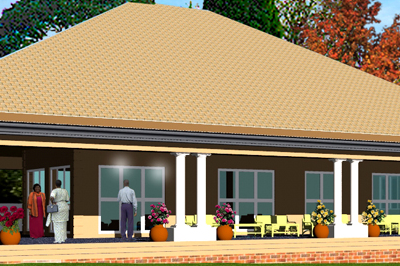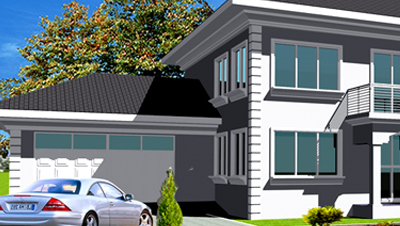ABIDJAN (Reuters) - Ghana - set to upwardly revise its 2012 growth figures on a surge in oil output - will continue to bear down on inflation, acting Central Bank Governor Henry Kofi Wampah said.
The country was Africa's fastest-growing economy in 2011 with estimated growth of 14.4 percent as it joined the ranks of the continent's oil producing countries and pumped the first crude from its offshore Jubilee field.
The economy slowed in 2012, but Wampah said a rally in oil output from the fourth quarter of last year would lead to an upward revision of the current estimated growth rate of 7.1 percent for 2012.
"Last year average production was about 70,000 barrels a day. This year we are already seeing an average of around 112,000 barrels. That is a significant improvement," Wampah told Reuters late on Tuesday on the sidelines of a conference in Ivory Coast.
The 2013 budget forecast is for production of 83,341 bpd.
Ghana, which also produces cocoa and gold, has also been a target for yield-hungry foreign investors impressed by its economic outlook and political stability, but inflation is proving a stubborn problem.
Annual inflation data jumped to 10.0 percent in February from 8.8 the month before, mainly on the back of cuts to fuel subsidies, taking the print into double digits for the first time in nearly three years.
The year-end inflation target is 9 percent.
"We will continue to maintain a tight monetary policy ... And our next MPC meeting will be in May and we would review the developments," he said.
"We think that the second round effects (of cuts to subsidies) may still be there. So we could see that increase, but towards the middle of the year you will see it dipping. That is, if we continue to hold the monetary front," he said.
The Bank of Ghana has held its prime interest rate unchanged at 15 percent since last June, and again maintained it in a meeting of Ghana's monetary policy committee on February 13.
Economists, who had previously thought progress towards taming consumer price inflation might offer the central bank some scope to cut rates, said the size of the subsequent increase in prices had darkened Ghana's economic outlook.
Wampah said the year-end objective of 9 percent was reachable despite inflation edging towards the high end of the Bank of Ghana's 7-to-11 percent target band.
"As of now we don't see the target being threatened."
Ghana will introduce a new inflation basket this month weighted more towards non-food prices, and Wampah said the Bank would need to evaluate its effects on the inflation profile before it could contemplate an interest rate change.
"We'll have a better idea in May," he said.
By Joe Bavier. Source: Yahoo News.
















